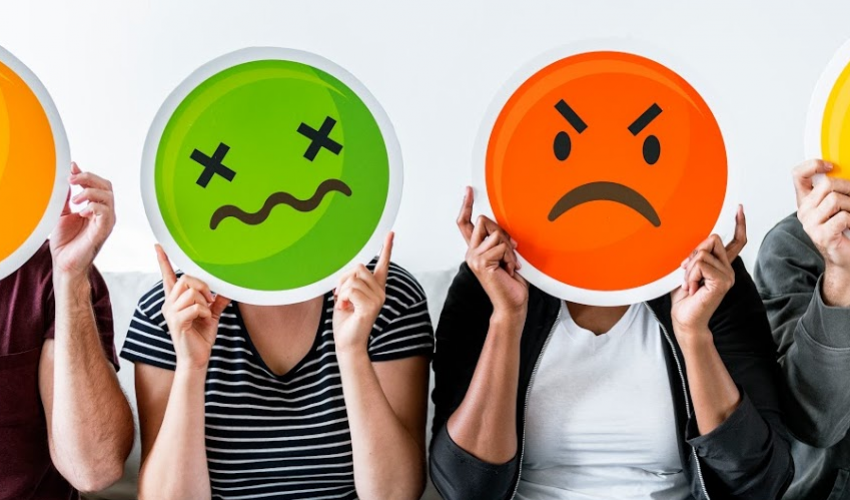
Anger Can Hurt Us and Others
AN EXPERIMENT BY PIERPAOLO BATTIGALLI HIGHLIGHTS THE ROLE OF ANGER IN OUR DECISIONSAnger affects decision making. It can lead us to act aggressively and to forgo material gains. Pierpaolo Battigalli has explored the subject in the context of game theory. Drawing on insights from psychology, he has developed with Martin Dufwenberg and Alec Smith a formal approach according to which the choice of accepting or rejecting an unfair proposal is affected by frustration due to unfulfilled expectations. Frustration, in turn, triggers anger.
The authors experimentally tested the theory in the strategic context of an Ultimatum Minigame conducted on 350 Bocconi students. The Ultimatum Minigame is a social dilemma where a proposer can decide to make a fair offer that is automatically accepted or a greedy offer that the responder can either accept or reject. “According to the traditional economic theory, rational economic agents aim to maximize their gain and expect others to do the same. The proposer should therefore offer an asymmetric division of the amount of money and the responder should accept it just to earn something. Experiments have shown that, in the case of an asymmetric proposal, many responders deliberately choose not to earn anything, doing great harm to the proposers and minor harm to themselves. The more the responder expects a fair offer, that is, when his expectations are frustrated, the more it happens”.
The experiment was applied using also the so-called strategy method that asks the responder to specify a rule of play that is therefore executed by default. According to the expected utility theory, the responder should make the same choices he would make with the direct method after actually observing the offer. “But simply imagining that an adverse event may occur is not enough to ignite the frustration that generates anger and rejection. And that is actually what we have found in the context of the Ultimatum Minigame by comparing direct and strategic methods. We also increased the responder’s payoff with the purpose of increasing his frustration due to the unfair proposal, with no effect. Or rather, only the distribution of actions of male subjects was in line with the theory. This difference will be the subject of further research”.
Read more about this topic:
Nicola Gennaioli. The naive illusion of human rationality
The Influence of Others on University Study Choices
Thinking About It Beats Repeating It
Other Peoples’ Choices Make Organizations Similar
Making Rational Decision Is Good for Performance
How the Axes of Political Belonging Change
Political Corruption Scars Young Voters Forever
by Claudio Todesco
